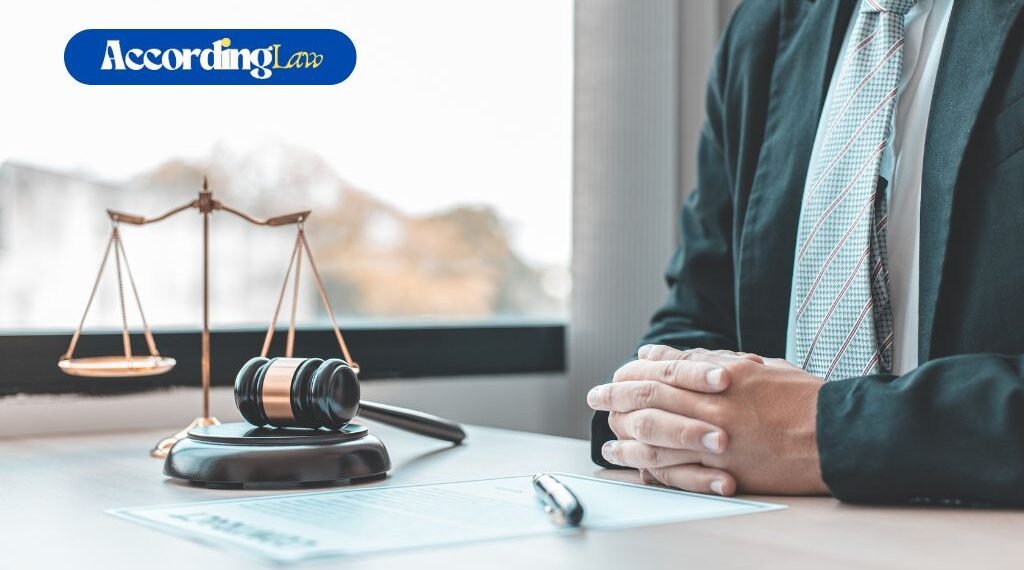Chicago, Illinois, is a vibrant city full of energy and opportunity, but it also brings challenges, especially when legal issues arise. Many residents face unexpected injuries that disrupt their lives and leave them unsure about what steps to take next. Navigating the legal system can feel overwhelming and intimidating without clear guidance. Having a trusted personal injury law office to turn to provides much-needed clarity in these difficult times.
Understanding the legal process, from gathering evidence to negotiating settlements or preparing for court, helps reduce uncertainty and builds confidence. Open communication between clients and their attorneys is vital to setting realistic expectations and working toward the best possible outcome. Therman Law Offices understands these concerns and offers dedicated support tailored to each client’s unique situation. With their experienced team by your side, you gain a clearer picture of your case’s path forward, which allows you to focus on recovery while they handle the complexities of the law.
Table of Contents
Understanding the Legal Process
The law looks complicated, but it becomes far simpler if you can break it into smaller chunks. First, understanding the nature of the legal problem is essential. From dealing with personal injuries and family disputes to criminal defense, the first step is recognizing the type of case, as it sets the groundwork for the entire process. Identify the case type and gather relevant information, including evidence, witness accounts, and issue documentation. You must consider these elements to make a case.
Initial Consultation
The initial appointment with a solicitor should be a forum to review the matter’s information and establish the expectations. In this session, people can ask questions and bring up concerns. The attorney will review the information and assess your situation. Learnings from this meeting will help set realistic outcomes and timelines. The cornerstone of a healthy attorney-client relationship is communication. It allows both sides to be on the same page and minimize confusion throughout the legal process.
Building a Strong Case
Once you have the initial discussion, you then look towards a strategy. Lawyers examine the gathered information to assess advantages and possible roadblocks. In this stage, they conduct extensive analysis and detailed preparation. The client must work together with the legal team. An open dialogue provides an opportunity to identify gaps in evidence or unexpected barriers. The odds of a reasonable conclusion increase drastically if you establish the groundwork of your case.
Negotiation and Settlement
There are many instances when one does not have to go to court to settle a legal dispute. Negotiation helps arrive at an amicable settlement. In doing so, a legal representative aims for the best possible outcome for their client. While settlements require compromise, they can also be time-saving and resource-saving. This approach avoids a protracted legal dispute since both sides consent to a beneficial outcome. Doing so often brings about a more agreeable resolution for the parties involved.
Court Proceedings
If negotiation fails to settle, the case can go to court. This step requires meticulous preparation. Attorneys present evidence and arguments on behalf of their client. Communication is key during the trial itself. An attorney must get their points across to the judge and jury. The client should facilitate support if necessary and remain updated during the process. Court processes are time-consuming and difficult. Nevertheless, having a good team of lawyers can help alleviate clients’ concerns about their interests.
The Importance of Legal Support
Having an expert by your side is always good, as they know the law and how it works and will ensure that their clients’ rights remain protected. More than giving advice, legal professionals advocate for their clients’ best interests. They should listen to the client’s requirements and aim for a fair result. This support can help ease the process, lower frustration, and avoid confusion.
Choosing the Right Legal Partner
Choosing the right attorney is crucial; you should focus on their experience, expertise, and communication style. A good lawyer should share the client’s morals and have the same goal. Research potential candidates and ask for recommendations to help you choose wisely. A consultation will allow you to determine whether a particular attorney is the best match.
Conclusion
Fighting a legal battle can be discouraging, but the journey becomes easier once you understand how the process works. Every step from the first meeting to consideration after the trial is essential. When clients find the proper legal support, they can feel confident and empowered to deal with their case. Being aware and involved gives individuals a better likelihood of a positive outcome. The steering and backing of a reliable legal partner can address legitimate challenges that may arise with certainty.


